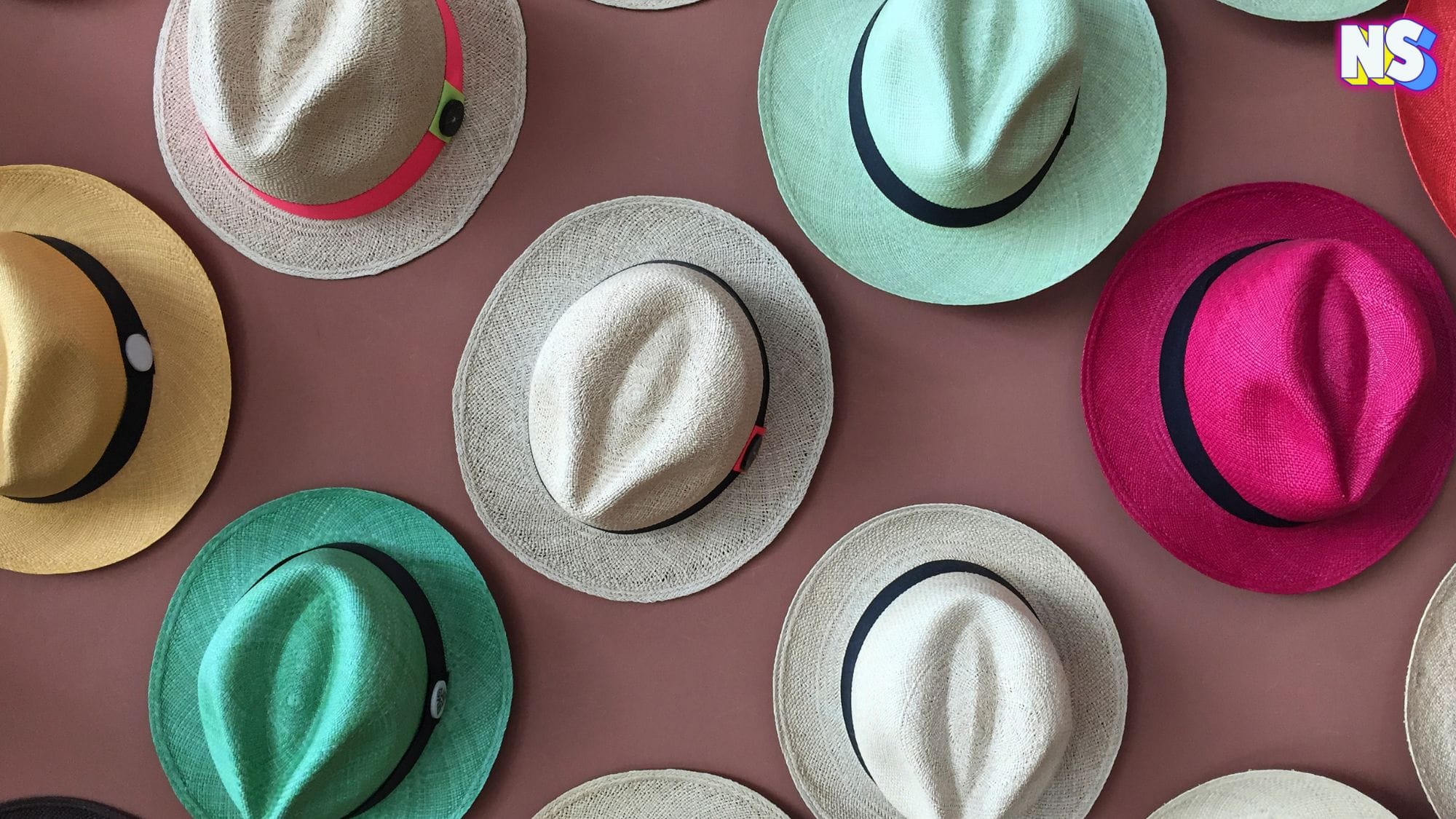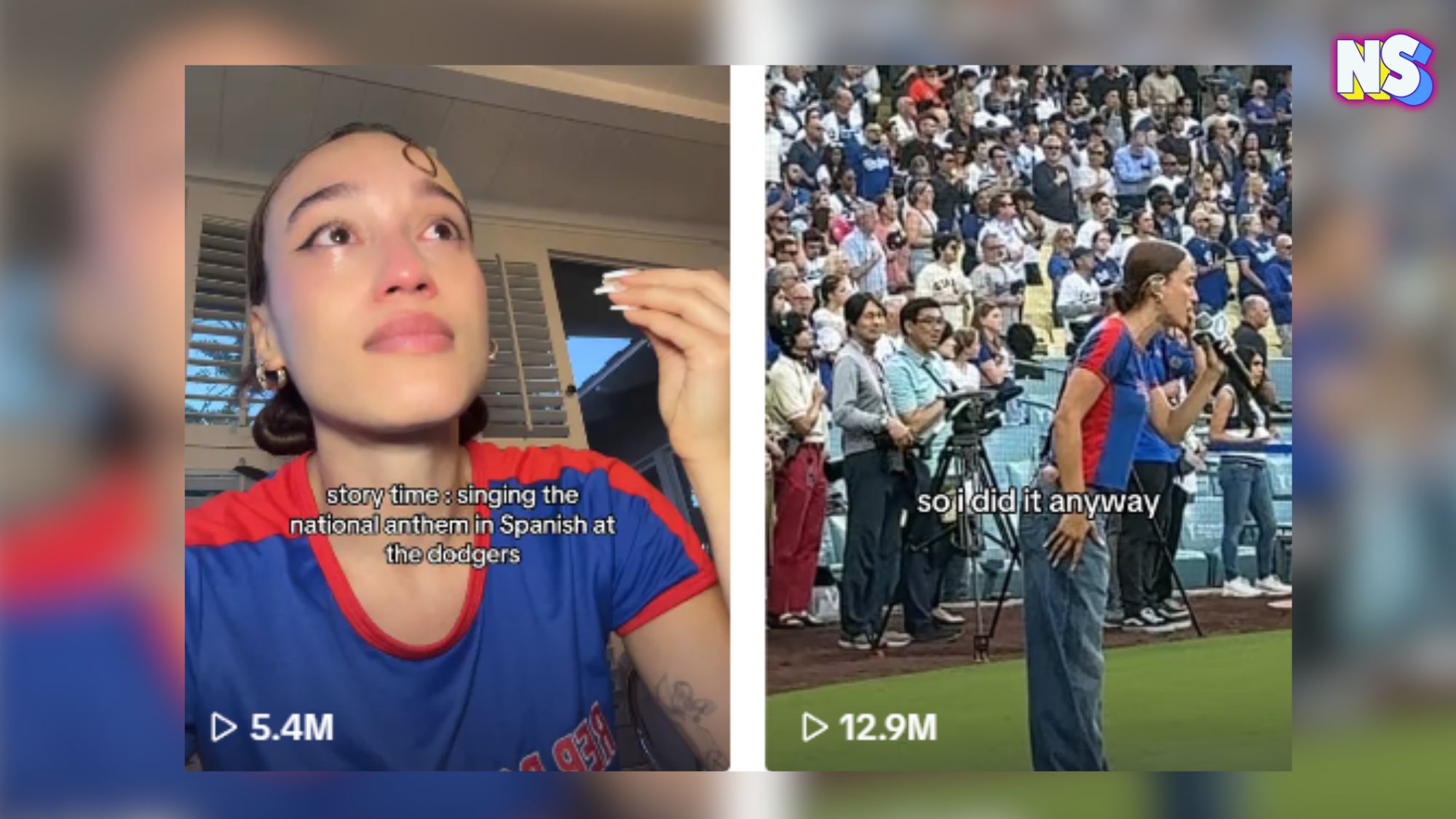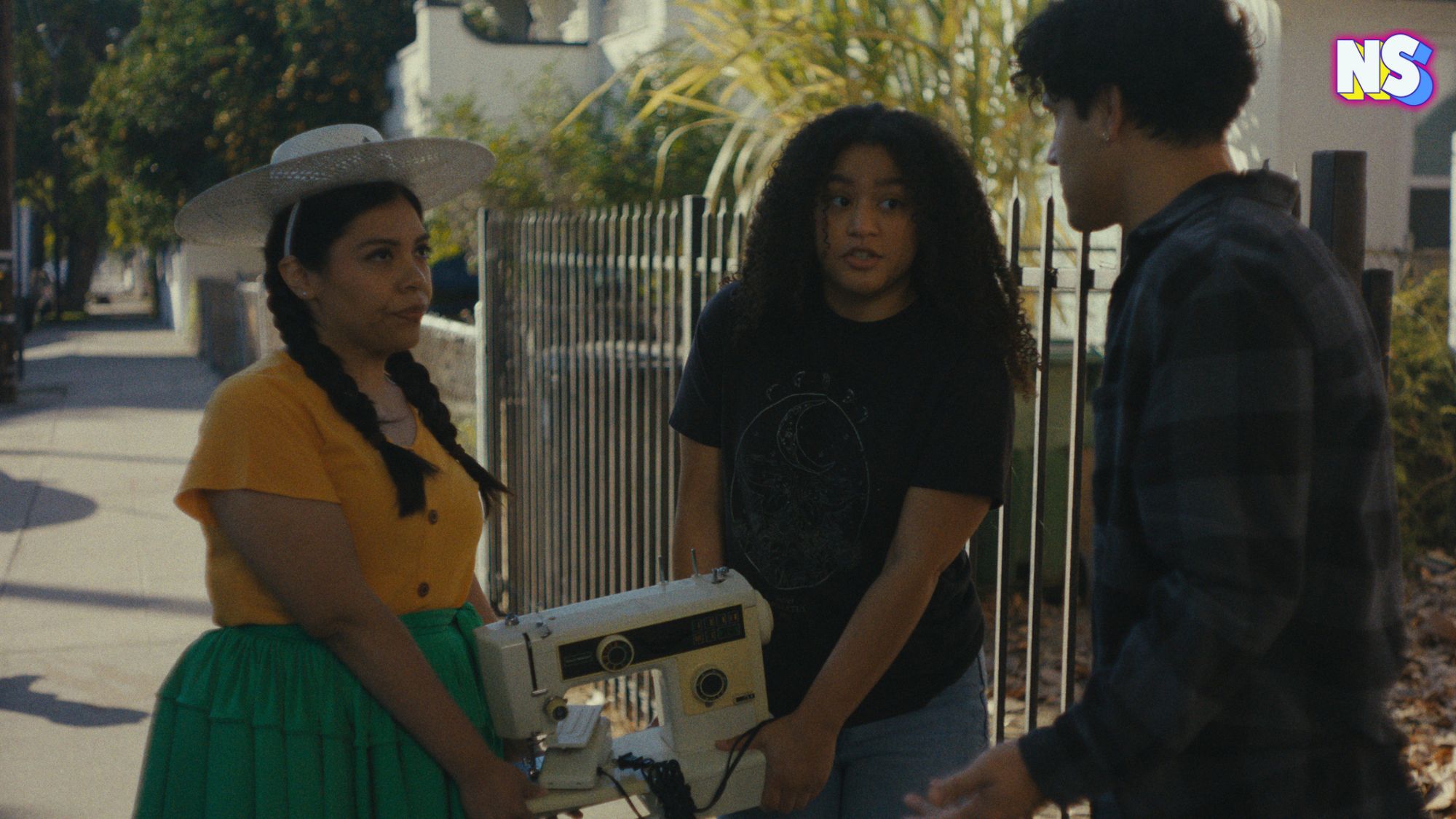Did you know that the famous “Panama hat” isn’t from Panama at all? It’s true. It’s actually from Ecuador. And did you know that the traditional art of making the “Panama” hat is now protected by the United Nations? Also true. They should be called toquilla straw hats, or “Ecuador hats,” but the name stuck after an American president visited Panama and wore one. Now UNESCO and others are trying to finally give credit where credit is due: back to Ecuador and its artisans.
The ‘Panama Hat’ is from Ecuador
Despite its misleading name, the ‘Panama’ hat has its true origins in Ecuador. Skilled artisans have been hand-weaving these hats for centuries.
In 2012, UNESCO recognized this unique tradition by adding the “art of weaving toquilla straw hats” to its Intangible Cultural Heritage Lists. This designation helps to preserve a vital part of Ecuadorian heritage.
RELATED Post: Beyond Borders: The True Story Behind Ecuador’s ‘Panama’ Hat
The art of making the Panama hat begins with the toquilla palm plant. The straw from the plant is flexible yet durable, creating lightweight, breathable headwear. The process of weaving a single hat can take weeks or even months, depending on the quality and tightness of the weave. Artisans in regions such as Montecristi and Cuenca are particularly renowned for their skill and precision in this intricate craft.
@nuestrostories Lightweight. Breathable. Stylish. Those are just a few accurate words to describe the Panama hat. Plus, as any hat historian will attest, this hand-woven hat is the undisputed icon of tropical style. But whatever you do, don’t say it’s Panamanian. That would be wrong. The trendy tropical hat that is known worldwide as the Panama Hat is actually a product of Ecuador. And it always has been. #PanamaHat #HatHistory #HatTrivia #PanamaHatFacts #Ecuador
♬ original sound – NuestroStories
“Ecuador has the beautiful heritage, which is the craft of making straw hats, of hand weaving those straw hats,” Karla Gallardo, the CEO of the Panama hat company Cuyana tells NBC Bay Area News. According to the news outlet, Gallardo is on a mission to “educate people about her home country’s specialized craft of hand weaving straw hats and give the popular product back its rightful name.”
The rightful name would be the “Ecuador hat,” of course.
As The Latin Times notes, “In 2022, Cuyana, a company renowned for its handcrafted accessories and founded by Ecuadorian entrepreneur Karla Gallardo, initiated a petition on Change.org to ask retailers to change the name of these hats. The campaign seeks to restore the hat’s rightful heritage and acknowledge the indigenous weavers of Ecuador.”
@eljoaquinarias ???? The Surprising Truth Behind the “Panama Hat” ????✨ ???? Key Highlights: * The Panama hat is not from Panama but Ecuador. * Originating in the 16th century, these hats are crafted from the toquilla palm, cherished for their lightweight and cooling properties. * A twist of fate and commerce led to their misnaming, as these hats traveled through Panama to reach international buyers. * Teddy Roosevelt’s visit to the Panama Canal, sporting the hat, significantly boosted its popularity. PanamaHat Ecuador Panama History Sombrerodepajatoquilla
♬ original sound – Joaquin Arias – Joaquin Arias
UNESCO Recognition
The recognition by UNESCO was a major milestone for Ecuadorian artisans, and activists like Gallardo, as it brought international attention back to the hats country of origin and to their craft. According to UNESCO, the hat-making process is at risk due to the declining number of young people learning the craft, as well as competition from mass-produced imitations.
While UNESCO’s recognition has helped to raise awareness, the future of the toquilla hat weaving remains uncertain. Many young Ecuadorians are leaving rural areas in search of more lucrative opportunities, leading to a shortage of artisans to carry on the tradition.
And, these days, the market is flooded with cheaper, mass-produced knock-offs, which undermine the value of authentic, hand-woven “Panama” hats. Many now believe the survival of the toquilla hat ultimately depends on both local communities and international consumers.





